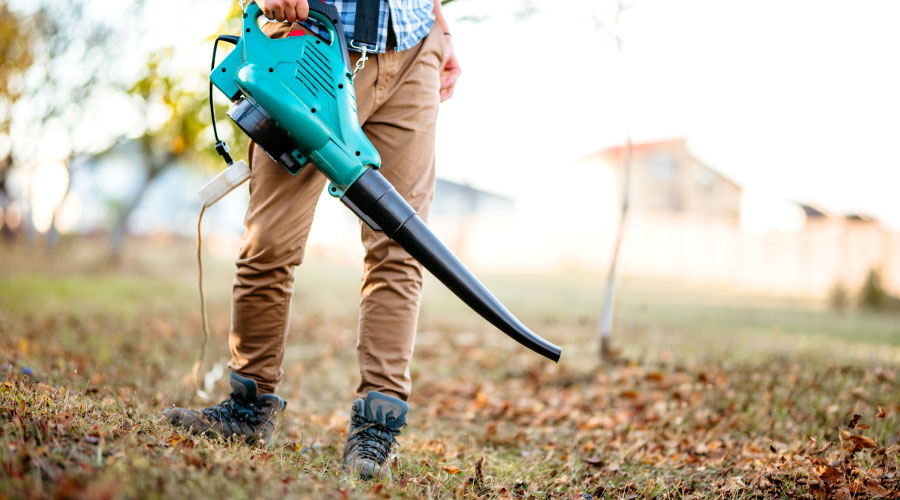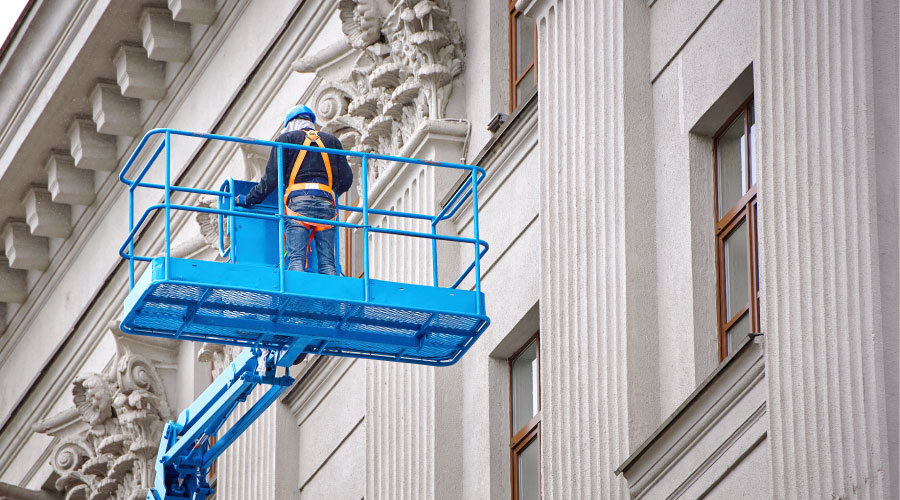Equipment Rental: HVAC Equipment Integral to Disaster Planning
Maintenance and engineering managers sometimes overlook the importance of temporary heating and cooling equipment in emergency planning. Whether it is controlling temperature and humidity or allowing data centers to operate at peak efficiency, temporary HVAC equipment is crucial to disaster response.
Because disasters often affect a facility's HVAC system, renting temporary equipment has become part of many managers' emergency preparedness planning.
"One of the most important things a facility manager can do to be prepared for an emergency (and) to ensure that they can get their facility up and running and reduce (costs) associated with downtime and clean-up is to work with their HVAC service provider to put in place an appropriate HVAC contingency plan," says Steve Stalnaker, rental services manager with Trane Rental Co. "This plan needs to be on file at your facility and on file with the company that will be providing the equipment to you during the emergency."
Whether managers specify temporary HVAC equipment to respond to an emergency, accommodate a special event, or supplement an existing HVAC system, Stalnaker says they will face a handful of challenges, including:
- working with the right provider to deliver a temporary system that will meet the needs of the facility or application
- understanding how to set up the equipment and integrate it into buildings
- having the necessary power to run the equipment
- getting equipment to storm-affected areas, due to flooding and road closures
- ensuring they have the appropriate permits, if required.
Overcoming these challenges when assessing their heating and cooling needs helps managers better understand the role of HVAC equipment rental.
"Renting equipment for two to three months may be a better financial decision than owning," Stalnaker says. "Some of the cost of owning idle HVAC equipment includes monthly depreciation, maintenance, and capital dollars being tied up in under-utilized assets. Renting eliminates these financial issues."
Related Topics:











